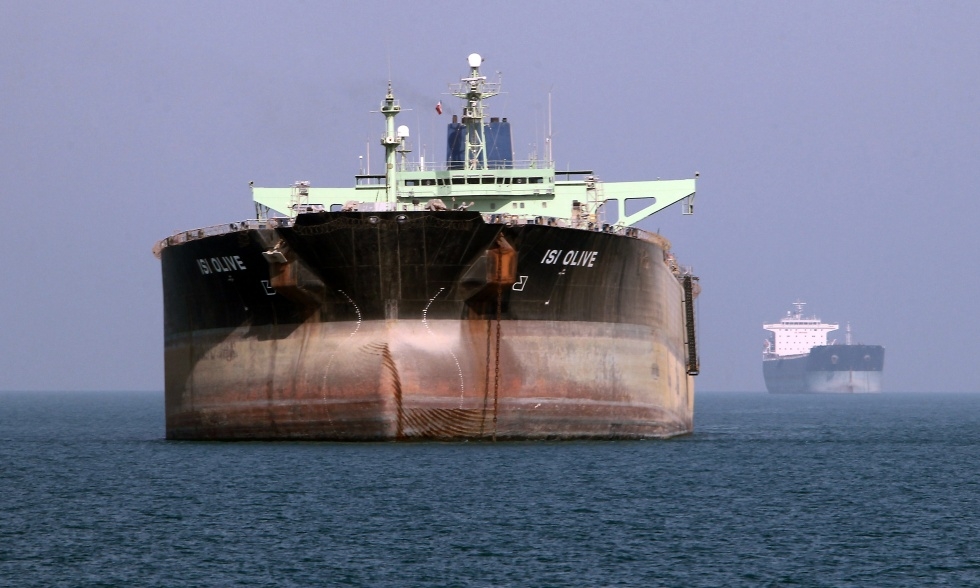Iran oil sales surge past sanctions limit

Iranian oil exports rose in February to levels only seen before wide ranging US sanctions were imposed on the Islamic Republic in 2012, data from the International Energy Agency released on Friday shows.
Global crude imports from Iran surged upwards to 1.65 million barrels that month, according to the IEA. This far exceeds a 1 million barrel-per-day limit set by the West under an interim deal reached over Tehran's nuclear programme last November.
China accounted for 168,000 bpd of the rise in imports in February, India for 93,000 bpd and South Korea for 83,000 bpd. Turkey, China, Japan, India, South Korea and Taiwan are all allowed to purchase Iranian oil despite the punitive measures.
Last November, Iran and the P5+1 powers – the US, UK, France, China, Russia, and Germany – agreed on a Joint Plan of Action in Geneva over the Iranian nuclear programme. Washington took pains to stress that the agreement, officially implemented on 20 January, would ease certain trade restrictions but not allow for increased oil sales.
Before US-led punitive measures on Iranian oil exports were tightened in November 2011, Iran was exporting some 2.5 million bpd. That month, President Barack Obama issued an executive order targeting Iran's oil revenue by stopping foreign financial institutions from conducting oil transactions with Iran's central bank. The European Union also introduced an embargo on the import, purchase and transport of Iranian crude in July 2012.
The report of surging oil sales comes just four days after two US Senators called for Washington to re-instate punitive steps against Iran, if Tehran sells more than the November deal permits.
Senators Robert Menendez (D-N.J.) and Mark Kirk (R-Ill.) said in an 7 April letter to President Obama that Iran was trying to "evade" US sanctions, as seen in the sales and a propsed $20bn oil-for-goods swap with Russia.
"The US should respond by re-instating the crude oil sanctions, rigorously enforcing significant reductions in global purchases of Iranian crude oil, and sanctioning any violations to the fullest extent of the law," the senators wrote.
Middle East Eye propose une couverture et une analyse indépendantes et incomparables du Moyen-Orient, de l’Afrique du Nord et d’autres régions du monde. Pour en savoir plus sur la reprise de ce contenu et les frais qui s’appliquent, veuillez remplir ce formulaire [en anglais]. Pour en savoir plus sur MEE, cliquez ici [en anglais].

